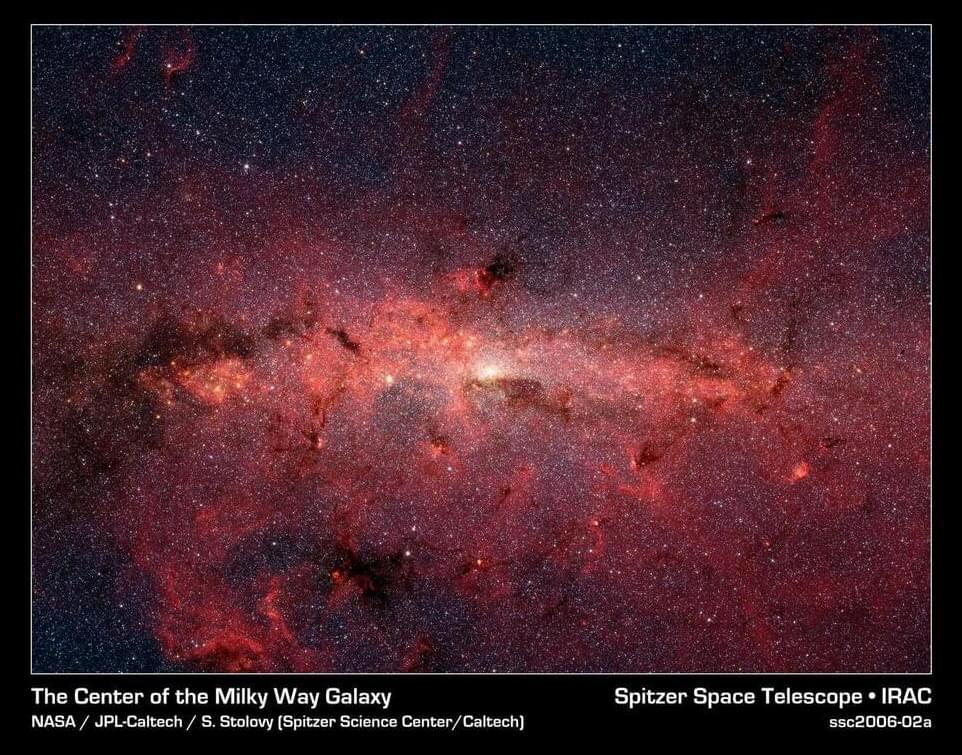We have developed a new method to look for carbon compounds in space, akin to prospecting for oil on Earth. Our method is published in Monthly Notices of the Royal Astronomical Society.
Between the stars lie vast amounts of interstellar gas and dust, spread thinly throughout our galaxy. The dust can contain compounds of carbon. When it does we call it carbonaceous interstellar dust. This is an important reservoir for the organic material in space. The continual cycle of material between the stars and the gas in the interstellar medium in our galaxy leads to the delivery of organic molecules to newly forming planetary systems.
A special sub-class of organic molecules called prebiotic molecules are thought to play a major role in the formation of life on Earth. Such prebiotic molecules are likely preserved in carbonaceous interstellar dust that are gathered together in planetesimals, in an early stage of planetary formation. The chemical composition in such environments may determine the planet’s hospitality to the formation of life there. Therefore, it is important to understand the life cycle of carbonaceous interstellar dust to study this possibility further.









Comments are closed.